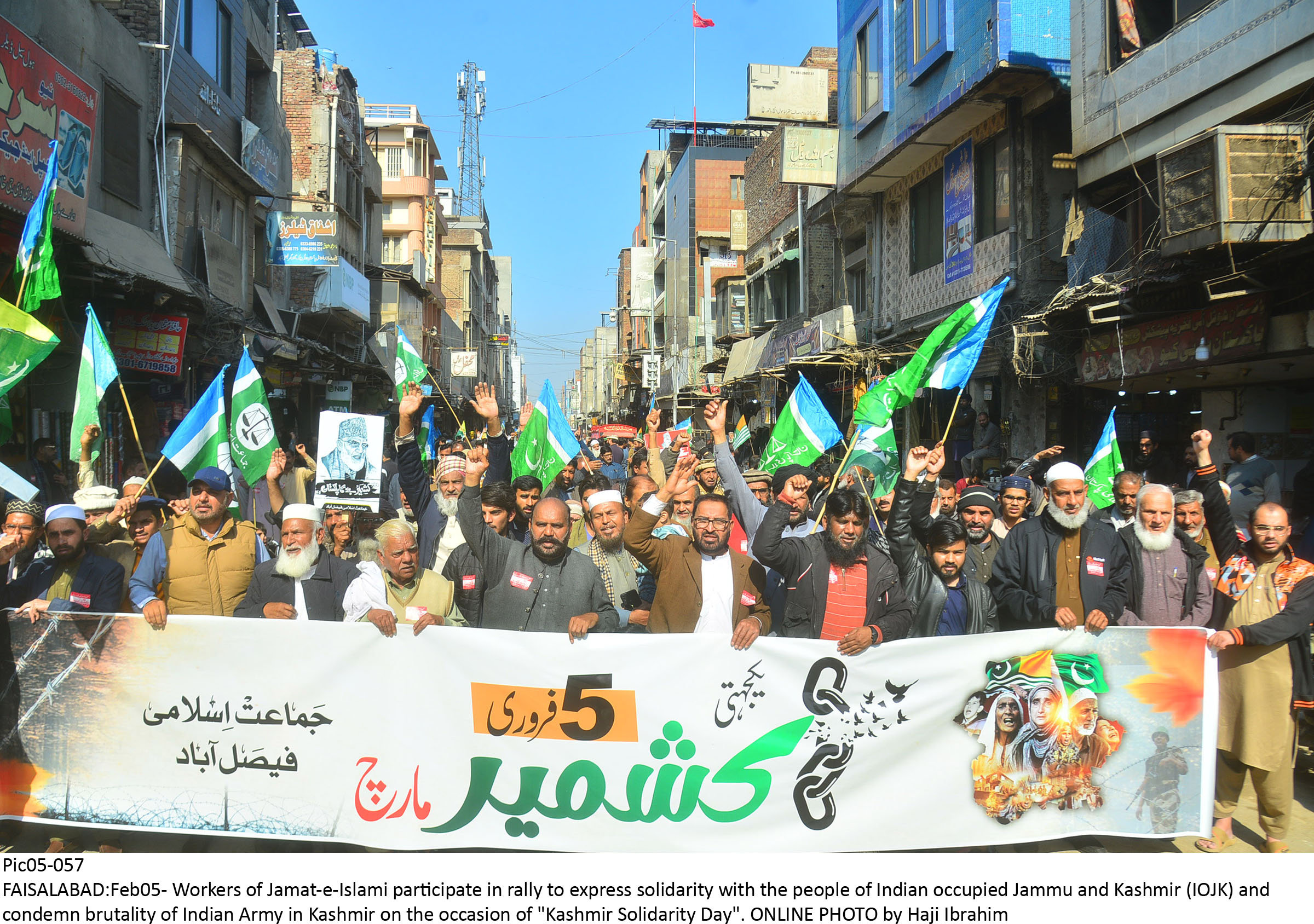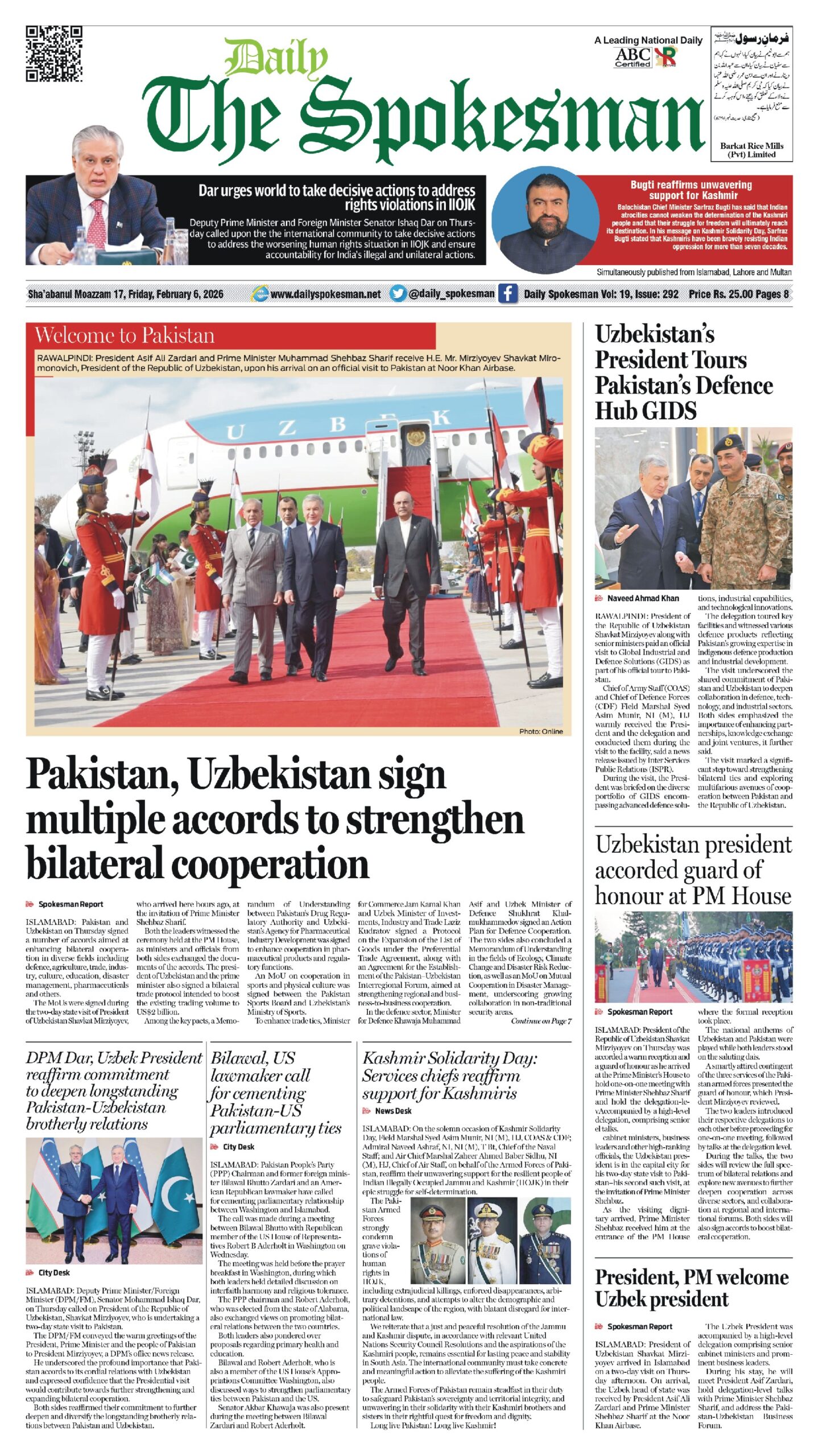
Donald Trump has nominated Kash Patel as FBI Director, a move with significant domestic and international implications. Domestically, Patel would oversee key areas such as counterterrorism, cybercrime, and public corruption, potentially introducing reforms in surveillance practices and politically sensitive investigations. Internationally, his defense and intelligence background could bolster counterterrorism and cybersecurity efforts but may impact collaboration with foreign partners. Patel’s leadership is poised to shape FBI priorities, influencing U.S. security and global relations. Like Patel, many Indian-Americans have risen to prominence in U.S. corporate, administrative, and political spheres, driven by their focus on education, adaptability, and integration into American society.
While Indians make up only about 1% of the U.S. population, they represent a remarkable 29% of all foreign-born individuals enrolled in higher education. Historically, the first wave of Indian migration began in the late 1800s, primarily with Punjabi laborers settling in California, followed by a significant influx of professionals after the 1965 Immigration and Nationality Act, which lifted quotas and prioritized skilled workers. Today, the Indian-American median household income is approximately $119,000—nearly double the U.S. national median of $70,784 in 2022—highlighting their economic success.
During my brief stint as a canvasser in the 2024 election run-up, I met numerous Indian families living in affluent neighborhoods, showcasing lifestyles well above average. Their health, confidence, and prosperity were particularly impressive. With a literacy rate of nearly 100% among Indian-Americans and a professional workforce where over 77% hold at least a bachelor’s degree, this group has capitalized on their talents and adaptability. This success story is underpinned by their contributions to sectors like technology, medicine, and academia, where they account for a significant share of leadership roles. Today, Indian-Americans are climbing the social and official hierarchy at unprecedented rates, reflecting the dividends of decades of skilled and determined migration.
The list of Indian-Americans who have achieved remarkable success across government, business, and academia, contributing significantly to the U.S. landscape is very impressive. The figures like Nikki Haley, Bobby Jindal, and Pramila Jayapal have held influential roles as governors, ambassadors, and members of Congress. In business, leaders such as Sundar Pichai (CEO of Alphabet), Satya Nadella (CEO of Microsoft), Indra Nooyi (former CEO of PepsiCo), and Arvind Krishna (CEO of IBM) have transformed global industries. Innovators like Shantanu Narayen (Adobe) and Parag Agrawal (Twitter) have spearheaded advancements in technology, while academic pioneers such as Renu Khator (President of the University of Houston) and Arun Majumdar (Dean at Stanford) have driven excellence in education and research.
In the Biden Administration, Kamala Harris attained one of the most influential positions as vice president. She was instrumental in making some of the major domestic and foreign policy decisions leaving her marks on American society. She bravely and stoutly fought for the most coveted and powerful position as president of the most powerful and imposing country of the world but lost. She may in future strike back again and may as well win.
During Donald Trump’s 2024 campaign, Indian-Americans played a key role in boosting his popularity, reflecting their growing influence in U.S. politics. Notable figures include Usha Vance (née Chilukuri), wife of Trump’s vice-presidential nominee JD Vance, and Vivek Ramaswamy, a vocal supporter within Trump’s circle. Together with leaders like Elon Musk, they advocate for reducing federal bureaucracy by 70%, cutting government spending, and reallocating resources to marginalized communities and infrastructure.
One of Trump’s most consequential nominations, however, is “Kash Patel” as the Director of the FBI. Patel’s leadership in the nation’s most powerful investigative agency could redefine its role, balancing domestic law enforcement and counterterrorism while maintaining public trust. The FBI, with a $10.8 billion budget (2023), has vast capabilities to influence governance by exposing corruption, ensuring electoral security, and addressing national security threats. Patel’s appointment underscores Trump’s intent to reshape key institutions, leveraging Patel’s expertise in defense and intelligence to align the FBI’s priorities with his administration’s vision.
With the appointment of Patel Kash, Indian-Americans have risen to prominence in the United States due to their strong emphasis on a relentless work ethic with resilience, navigating challenges and succeeding in competitive environments. Strong family support systems and robust community networks further bolster their success, while their proficiency in English and global competency make them effective communicators and professionals. Their ability to balance cultural heritage with American values has made them respected contributors to society.
Indian-Americans have excelled in technology, business, and politics, with leaders like Sundar Pichai, Satya Nadella, and Kamala Harris showcasing their strategic mindset, teamwork, and humility. Their focus on health, financial discipline, and adherence to societal norms has elevated their careers and social standing. Through entrepreneurship, respect for rules, and continuous learning, Indian-Americans have become one of the most successful and influential immigrant communities, contributing significantly to U.S. growth and prosperity.
While the Pakistani diaspora shares a strong emphasis on education, with 60% holding bachelor’s degrees or higher (well above the national average of 33%), their economic achievements, though commendable with a median income of $82,000, trail behind Indian-Americans. Unlike Indian-Americans, who thrive in technology, healthcare, academia, administration, and politics, the Pakistani community’s prominence is more localized, particularly in the health sector, with less impact in areas shaping national and global progress.
To enhance their collective impact, the Pakistani-American community should aim to diversify beyond their established success in medicine and healthcare. By fostering greater confidence and actively pursuing opportunities in technology, politics, public administration, and innovation, and adapting to local norms and manners and preferences, they can build a broader platform for influence. Such diversification would enable them to contribute to critical decision-making processes, address complex societal challenges, and help shape policies that resonate far beyond U.S. borders.
Writer is Press Secretary to the President(Rtd), Former Press Minister at Embassy of Pakistan to France and Former MD, SRBC. He is living in Macomb, Detroit, Michigan





